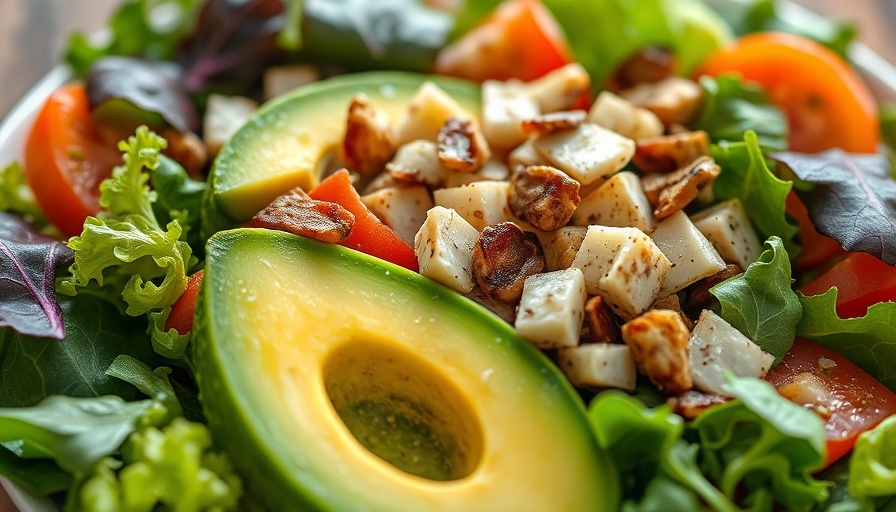
Paving the Path to Stroke Prevention: The Role of Nutrition
As we navigate through life, often we overlook the profound impact our dietary choices have on long-term brain health and the risk of stroke. A recent study underscores the significance of potassium-rich foods in mitigating this serious health risk. Stroke, which can either be caused by bursting or clotting of blood vessels in the brain, remains a leading cause of morbidity and mortality worldwide. However, the good news is simple dietary adjustments can pave the way for significant preventive measures.
Understanding the Dietary Impact on Stroke Risk
High levels of sodium, typically consumed through processed foods, contribute to elevated blood pressure—one of the primary risk factors for stroke. Sam Jones from Tufts University emphasizes that reducing salt intake is crucial. Sodium’s detrimental effects increase fluid retention and blood pressure, akin to overloading a pipe. In contrast, potassium acts as sodium’s natural antidote. It helps to relax blood vessel walls, thereby reducing blood pressure and lowering stroke risk.
Potassium: The Unsung Hero in Stroke Prevention
Research, notably from the Women’s Health Initiative, has demonstrated that a diet abundant in potassium can decrease the chances of both ischemic and hemorrhagic strokes. This is particularly significant for non-hypertensive women, as studies show a remarkable reduction in risk when potassium intake is high. The optimal potassium intake aligns with achieving a balance in one’s diet, advocating for whole foods over supplements, as real foods provide a multitude of nutrients that support overall health.
Integrating Potassium-Rich Choices Into Daily Eating Habits
The path to improved health doesn’t have to be complex. Simple substitutions can make a significant difference. Incorporating foods such as bananas, sweet potatoes, avocados, and leafy greens can boost potassium levels naturally. These foods not only enhance taste but also shield against potential health complications by providing antioxidants and anti-inflammatory nutrients essential for brain health.
Cultural Perspectives: Global Variations in Dietary Habits
Globally, dietary patterns vary but can still be tailored to integrate potassium-rich foods. For instance, Mediterranean diets, renowned for their health benefits, prioritize fruits, vegetables, and whole grains, naturally enhancing potassium intake. On the other hand, many Western diets heavily rely on prepared and fast foods that are laden with sodium, explaining the need for a shift in preferences and habits.
Broader Implications on Community Health and Wellness
Community health initiatives focusing on education around nutrition are vital. Understanding how to balance salt with potassium, especially in urban areas like San Antonio where fast food options dominate, is essential for fostering healthier populations. Programs designed to raise awareness about these dietary guidelines can empower individuals to make informed health choices, subsequently reducing stroke occurrence and enhancing quality of life.
Conclusion: A Call to Action Towards Healthier Living
In conclusion, it is evident that preventive health strategies rooted in nutrition are crucial for reducing stroke risk. By opting for potassium-rich foods while minimizing sodium intake, individuals can embark on a journey toward better heart and brain health. Communities should advocate for these dietary shifts, recognizing that the journey towards health begins with informed decisions and gradual changes.
Take the first step today—explore local health and wellness events that promote healthy eating habits and inform family and friends about the long-term benefits of dietary mindfulness. Your body—and your brain—will thank you!
 Add Row
Add Row  Add
Add 




 Add Row
Add Row  Add
Add 


Write A Comment